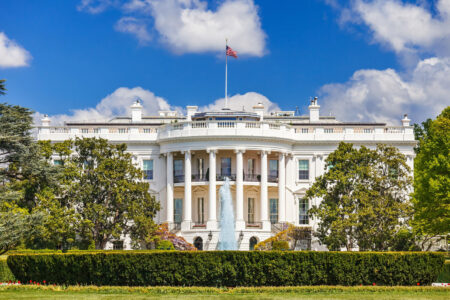Europe’s leading stock exchanges are calling on regulators to implement stricter rules for tokenized shares. As digital stocks are increasingly traded on blockchain platforms, established exchanges are facing tougher competition.
Trading in tokenized stocks - digital representations of traditional shares - is growing, particularly on specialized crypto exchanges such as Kraken and Coinbase. For traditional exchange operators, this market entry means additional competition. The World Federation of Exchanges (WFE), representing some of the world’s largest trading venues, is now demanding stricter regulation. According to Reuters, the European Securities and Markets Authority (ESMA) and national regulators should ensure that tokenized securities are subject to the same rules as traditional equities.
Reasons behind the call for regulation
Currently, various platforms - particularly outside the EU regulatory framework - enable the trading of tokenized stocks, for example on Ethereum or Solana. Traditional exchanges warn, according to the source, that this undermines the conventional, heavily regulated market.
In a letter, the WFE demanded that tokenized stocks be subject to the same transparency, reporting, and security requirements as traditional exchange offerings. Without harmonization, there is a risk that token derivatives could generate profits in a regulatory grey area while leaving investors insufficiently protected.
“We are alarmed by the number of brokers and crypto trading platforms offering or intending to offer so-called tokenized US equities. These products are marketed as stock tokens or stock equivalents, but they are not.” - WFE letter to the regulator
Market dynamics, risks, and future outlook
Tokenized stocks offer faster onboarding, digital custody, and fractional ownership, opening access to new customer segments. Crypto exchanges with established digital asset users in particular seek to compete with the traditional system through such offerings.
In the US, Coinbase has already applied for SEC approval, while Robinhood and Kraken enable trading of tokenized shares in Europe. These developments exemplify the growing convergence of traditional financial structures with blockchain-based market infrastructure. The shift towards tokenized assets, on-chain yields, and decentralized infrastructure marks not only a strategic realignment of individual providers but also the transition to a globally interconnected, always-accessible financial ecosystem.








